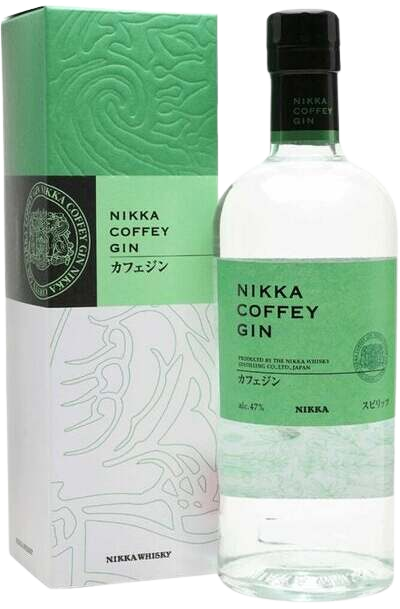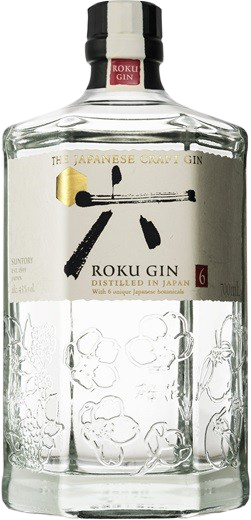WHAT IS GIN ?
Gin is a distilled alcoholic drink that derives its predominant flavour from juniper berries (Juniperus communis). Gin is one of the broadest categories of spirits, all of various origins, styles, and flavour profiles, that revolve around juniper as a common ingredient. From its earliest origins in the Middle Ages, the drink has evolved from a herbal medicine to an object of commerce in the spirits industry. Gin was developed based on the older Dutch liquor, jenever, and became popular in Great Britain (particularly in London) when William of Orange became King William III of England.
Gin today is produced in subtly different ways, from a wide range of herbal ingredients, giving rise to a number of distinct styles and brands. After juniper, gin tends to be flavoured with botanical/herbal, spice, floral or fruit-flavours or often a combination. It is most commonly consumed mixed with tonic water. Gin is also often used as a base spirit to produce flavoured gin-based liqueurs such as, for example, Sloe gin, traditionally by the addition of fruit, flavourings and sugar.CATEGORIES:
Although many different styles of gin have evolved, it is legally differentiated into four categories in the European Union, as follows.
- Juniper-flavoured spirit drinks This includes the earliest class of gin, which is produced by pot distilling a fermented grain mash to moderate strength e.g. 68% ABV, and then redistilling it with botanicals to extract the aromatic compounds. It must be bottled at a minimum of 30% ABV. Juniper-flavoured spirit drinks may also be sold under the names Wacholder or Ginebra.
- Gin This is a juniper-flavoured spirit made not via the redistillation of botanicals, but by simply adding approved natural flavouring substances to a neutral spirit of agricultural origin. The predominant flavour must be juniper. Minimum bottled strength is 37.5% ABV.
- Distilled gin Distilled gin is produced exclusively by redistilling ethanol of agricultural origin with an initial strength of 96% ABV (the azeotrope of water and ethanol) in stills traditionally used for gin, in the presence of juniper berries and of other natural botanicals, provided that the juniper taste is predominant. Gin obtained simply by adding essences or flavourings to ethanol of agricultural origin is not distilled gin. Minimum bottled strength is 37.5% ABV.
- London gin London gin is obtained exclusively from ethanol of agricultural origin with a maximum methanol content of 5 grams per hectolitre of 100% ABV equivalent, whose flavour is introduced exclusively through the re-distillation in traditional stills of ethanol in the presence of all the natural plant materials used, the resultant distillate of which is at least 70% ABV. London gin may not contain added sweetening exceeding 0.1 grams of sugars per litre of the final product, nor colourants, nor any added ingredients other than water. The predominant flavour must be juniper. The term London gin may be supplemented by the term dry.
BASIC STYLES OF GIN:
Gins can be broadly differentiated into three basic styles.
- Pot distilled gin represents the earliest style of gin, and is traditionally produced by pot distilling a fermented grain mash (malt wine) from barley or other grains, then redistilling it with flavouring botanicals to extract the aromatic compounds. This type of gin is often aged in tanks or wooden casks, and retains a heavier, malty flavour that gives it a marked resemblance to whisky. Korenwijn (grain wine) and the oude (old) style of Geneva gin or Holland gin represent the most prominent gins of this class.
- Column distilled gin evolved following the invention of the Coffey still, and is produced by first distilling high proof (e.g. 96% ABV) neutral spirits from a fermented mash or wash using a refluxing still such as a column still. Most often, the botanicals are suspended in a "gin basket" positioned within the head of the still, which allows the hot alcoholic vapours to extract flavouring components from the botanical charge. This method yields a gin lighter in flavour than the older pot still method, and results in either a distilled gin or London dry gin, depending largely upon how the spirit is finished.
- Compound gin is made by simply flavouring neutral spirits with essences or other "natural flavourings" without redistillation, and is not as highly regarded as distilled gin.



